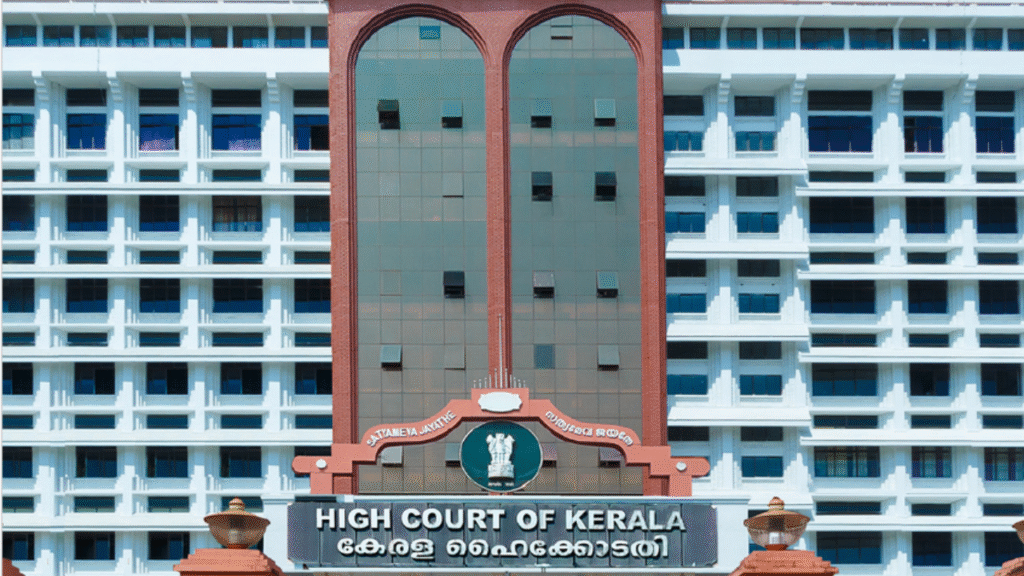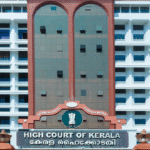Criminal Procedure – Section 311 Cr.P.C. (Section 348 Bharatiya Nagarik Suraksha Sanhita, 2023 – BNSS) – Recalling and re-examining a witness – Power of the Court – Rape and POCSO Offence – Compromise with Victim – Attempt to change evidence.
(2025) 7 KCD 292 : 2025 KER 55609
Facts: The petitioner, accused in a case involving penetrative sexual assault on a minor girl under Sections 376, 323, 506 IPC and Sections 4 r/w 3(a), 7 r/w 8 of the Protection of Children from Sexual Offences Act, 2012, sought to recall the victim (PW1) for further cross-examination. The victim had already been extensively examined and cross-examined, and 27 other prosecution witnesses had also been examined. The petitioner’s application under Section 311 Cr.P.C. (Section 348 BNSS) was filed after a compromise was allegedly reached with the victim, with the aim of having her change her previous incriminating testimony to reflect the settlement and establish the accused’s innocence. The Fast Track Special Court-II, Thrissur, dismissed this application, observing that the petitioner failed to show that recalling PW1 was essential for the just decision of the case. The petitioner challenged this order before the High Court.
Issue: Can the powers under Section 311 Cr.P.C. (Section 348 BNSS) be invoked for recalling and subjecting the victim of a rape and POCSO offence to further cross-examination for changing her evidence in consonance with a compromise entered with the accused during the course of trial?
Held: The High Court affirmed that the powers under Section 311 Cr.P.C. (Section 348 BNSS) cannot be used to recall a victim of rape and POCSO offences to change her evidence based on a compromise.
Interpretation of Section 311 Cr.P.C./348 BNSS: The first part of the section provides discretionary power to the Court (“may”) to summon, examine, recall, or re-examine any person. The second part imposes a mandatory duty (“shall”) if the evidence appears to be essential for the just decision of the case. However, these powers are not to be exercised “for every drop of the hat” without valid and sufficient grounds.
Purpose of Recall: The Court found that the petitioner’s attempt was to compel the survivor to state that her earlier testimony regarding the rape incident was factually incorrect and false, thus aiming to obliterate incriminating evidence. Such an endeavor degrades the sanctity and credibility of judicial proceedings and amounts to sabotaging the judicial process by compelling witnesses to change their stands.
Consistency of Victim’s Testimony: The victim had consistently stated before the Investigating Officer, the Magistrate, and during cross-examination as PW1 that she was subjected to penetrative sexual assault. The attempt to persuade her to confess that she launched false prosecution and gave false evidence cannot be given the stamp of approval as it aims to subvert the due process of law.
Precedents Relied Upon:
Mishrilal and Others v. State of M.P and Others [(2005) 10 SCC 701]: The Supreme Court deprecated the practice of recalling a fully examined and cross-examined witness to deny evidence already given, even if an inconsistent statement was made later. The Court emphasized strict adherence to procedure and taking serious action against witnesses who speak falsehood.
Rama Paswan and Others v. State of Jharkhand [(2007) 11 SCC 191]: In a similar Section 376 IPC case, the Apex Court affirmed that further examination of the victim on the ground of compromise cannot be allowed, as offences under Section 376 IPC are not compoundable under Section 320 of the Code.
Bineesh G v. State of Kerala and Another [2019 KHC 363]: A Single Judge of the Kerala High Court held that invoking Section 311 Cr.P.C. for further examination of the victim pursuant to a compromise in rape cases would be “illegal and perverse”.
Conclusion: In light of the settled principles, the impugned order of the Fast Track Special Court-II, Thrissur, disallowing the petition under Section 311 Cr.P.C. was not erroneous. The petition was found to be devoid of merits and accordingly dismissed.

